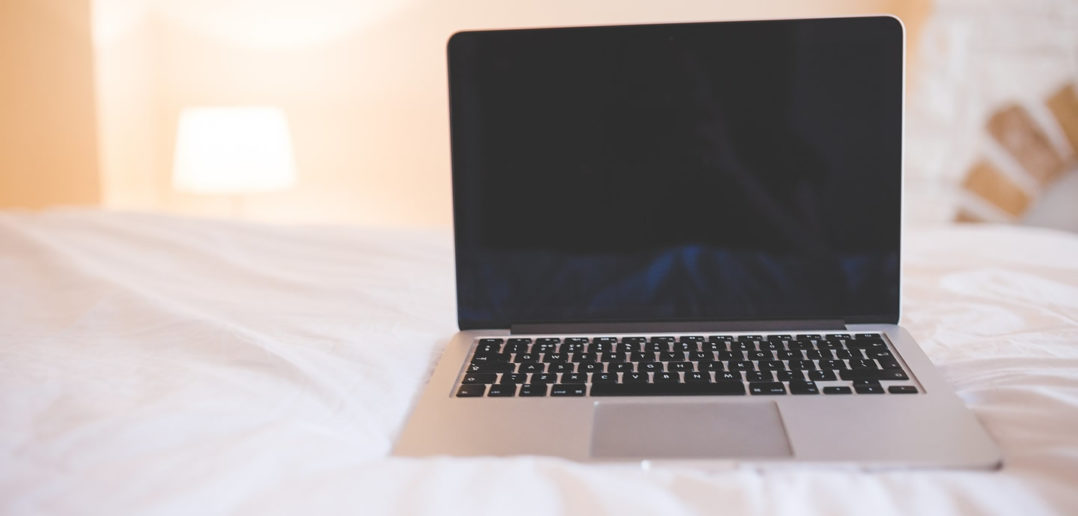Everyone suffers from a lack of sleep at some point in their lives, the causes of which range from the obvious, like looking after a baby, to the more subtle, such as the make-up of our diet. However, the modern world has given us a new cause for sleep problems – our love of gadgets.
A 2011 poll in the US found that 95% of people were in the habit of using some form of technology in the hour before they go to sleep, with activities ranging from watching television, to playing video games, to messaging on their phone. This number will only have risen over the intervening five years.
Almost all our gadgets have bright screens and light exposure can directly affect our sleep patterns by impacting our body clock, otherwise known as our circadian rhythm.
Over the millennia of human evolution, sunlight has always been a major driver in whether we should be awake or asleep. Our bodies developed a way to sync up with the rising and setting of the sun with the production of the so-called “sleep hormone” melatonin during the night
The pineal gland in the brain starts increasing our levels of melatonin in the blood about two hours before we would normally go to sleep, so around 9pm for a modern adult. These levels a kept quite high throughout our hours of slumber, before dropping off and hour or two before we start to wake.
Melatonin’s link to light exposure means that it may not matter if you have had an exhausting day and bought yourself a comfy new bed if you are in the habit of checking your messages on your phone in the late evening – you may have trouble getting to sleep.
A recent study published in the Proceedings of the National Academy of Science found that using a screen at night shortly before bed could suppress melatonin levels by more than 50%. And the effect that night meant that levels did not increase until 90 minutes later on following nights.
The study also showed that participants took nearly ten minutes longer to fall asleep and had less REM sleep if they used a screen rather than read a paper book in bed. Moreover, in the morning after using the screen, those participants described themselves as being sleepier in the morning and found it tougher to “wake up”.
If simply reading a book on a bright screen can have this dramatic an impact, it is likely that playing games or actively exchanging messages on your phone in bed may have an even greater impact.
Whilst this all sounds like bad news for gadget use in the evening, new technologies have proved to be effective at reducing the negative impact gadgets can have on our sleep. The e-ink screens used in most dedicated e-readers do no emit any light, and so could be treated similarly to a paper book in their effect on sleep patterns. Additionally, sleep-modes on phones have become popular apps across all mobile devices, where the screen automatically dims and reduces the blue light being emitted from your smartphone or tablet screen as the clock ticks past 9pm.



